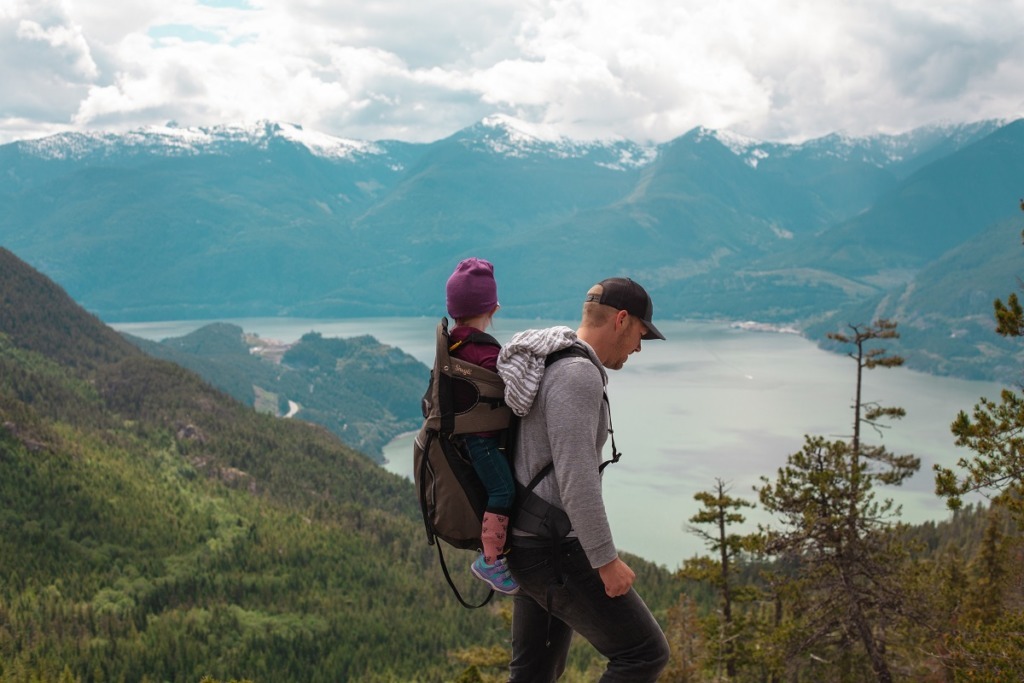
Travelling With Your Kids
Written by Diana Vicheva
Children love family trips and vacations. Stepping out of home, exploring unfamiliar places, meeting new people, making exciting discoveries… all this brings a certain magic to life. Travelling with your kids is an invaluable opportunity to bond over a shared adventure, but also to educate them in a fun and informal way. This approach is beneficial to reluctant learners, but also to naturally curious kids who don’t need encouragement to learn. It will broaden their horizon and help them develop new skills and strengths.
Experiences and activities during travel are easier to remember compared to traditional classroom learning or online learning – they create more vivid and lasting memories. Children learn through seeing (visual learners), listening (auditory or aural learners), touch (tactile learners), doing and moving (kinaesthetic learners). As travel activates and engages all senses, and sparks positive emotions, you can turn it into an effective educational method that complements your children’s curriculum. If you wish to implement it in your family trips, start by preparing in advance, choosing travel ideas and activities according to your kids’ age, interests and current skills.
English
Travelling will expand your children’s vocabulary – with new impressions, interactions and unfamiliar situations come new words. Explain their meanings or start a conversation to let your kids think about their origin and context.
Encourage your children’s conversations with people you meet along the way – flight attendants, receptionists, tour guides, servers, shop assistants, other travellers... This will let them discover accents and dialects and will allow them to easily communicate with different people.
Help your kids improve their ability to express themselves by recording travel videos or keeping a travel diary (if they are too young to write, they could dictate to you) – a fun way for them to describe new places and experiences.
Maths
If you value a practical approach to mathematics, your family travels will give you countless possibilities to build your children’s numeracy and maths skills.
Preschoolers can play the ‘Shape search’ game, spotting objects they see during the trip (for example traffic signs). They can count steps, cars of a certain colour, animals… Use the license plates, tickets, schedules, labels and menus you’ll look at together to teach youngsters to recognise numbers. Of course, numbers will be written in various styles, which is a bonus – your kids will learn that the same number can have a different appearance on a digital clock, on a train platform sign or on a hotel room door.
Activities for more advanced young learners could include comparing distances between your location and different attractions and estimating the time you need to reach them, making small purchases with cash and working out the change, or calculating exchange rates when you travel abroad.
Humanities and Social Sciences (HASS)
Visiting different places will provide your children with visual representations of abstract knowledge. Consider how much easier it is to remember significant geographical, historical, cultural, social, economic and environmental facts related to a place by exploring it on foot rather than only reading or listening about them. Once children have been there and have seen it, they will associate it with their own impressions and memories. This new information will be personal, therefore more meaningful.
Attend local cultural events that will spark your children’s curiosity and imagination, take part in reenactments and historical festivals, and visit museums. Choose the most intriguing facts about the attractions on your list (the funnier, the better) and share them as you would share a secret. Go to a scavenger hunt or solve mysteries together – find such activities organised by local guides or plan them yourself before the trip.
Languages
One of the easiest and most natural ways to learn a foreign language is spending some time in a country where the language in question is spoken by the majority of the population. During a trip abroad (especially an extended one) your kids can practice what they have already learned and expand their knowledge. Talking to locals will help your children pronounce words correctly, learn useful words and expressions and improve their grammar.
To make the most of the trip in terms of language learning, make sure to avoid creating an English-speaking bubble. Instead, let your kids play with local children, challenge them with different social situations and boost their confidence by asking for help with translation.
The Arts
Don’t miss the opportunity to visit museums and galleries while travelling with your kids. Aside from the chance to see original artworks by famous painters, sculptors and other visual artists, your children can discover indigenous art, as well as contemporary or lesser-known creators. What better way to learn that art and beauty take many forms!
Travelling has the potential to enrich your children’s culture and musical knowledge. At the same time, music makes travel experiences even more enjoyable and creates memorable moments. So check for family-friendly music festivals, concerts, opera and ballet performances suitable for audiences of all ages, and plan your trip accordingly.
You could also dedicate those long waiting times at the airport, train journeys and road trips to music. Sing together, introduce new genres, musicians, composers and their works. To make a lasting impression, choose a playlist that fits the mood and scenery, or is connected with the city/country you’re visiting.
Design & Technologies
Kids love learning how things work, so interactive technology could easily become one of the highlights of any family trip. Depending on your itinerary, you could arrange a visit to a technology museum, a factory tour or a farm tour offering hands-on activities for extra fun. Your children will be able to understand certain ideas, processes and material properties by observing technological solutions in action or by experimenting with different tools and equipment.
If your family adventure includes air travel or rail travel, you can turn a potentially boring journey (at least from your perspective) into a fascinating lesson, inspiring enthusiasm for airplanes/trains.
General Capabilities
Travelling has a positive impact on all general capabilities in the curriculum, especially intercultural understanding, critical and creative thinking, ethical understanding, as well as personal and social capability.
While travelling, your children will witness – and perhaps take part in – many simple acts of kindness. Gestures like giving directions, helping someone who has lost their luggage or translating for a fellow traveller who doesn’t speak the language and has trouble communicating, make the world a better place. And finally, by travelling with you and following in your footsteps, your children will learn how to travel responsibly – be mindful of the environment, appreciate diversity and respect local cultures during their own future journeys.
Travelling With Your Kids Travelling With Your Kids



